Cost of war: How Ukraine plans to get reparations from Russia and why the West hesitating
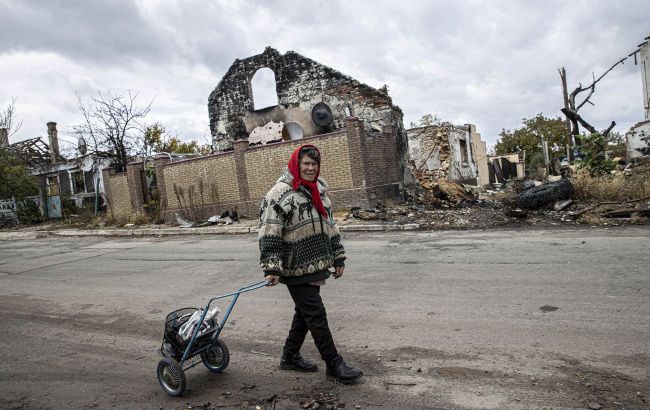 Photo: How Ukraine wants to claim reparations from Russia for the consequences of the war (Getty Images)
Photo: How Ukraine wants to claim reparations from Russia for the consequences of the war (Getty Images)
How the Ukrainian government intends to obtain RF foreign assets, what to spend them on, and whether partners are ready to confiscate Russian money and transfer it to Ukraine - in the material by RBC-Ukraine.
As of February 2023, the amount of damages inflicted on Ukraine by Russian aggression was estimated at over 750 billion dollars. And this is without taking into account the consequences of the Russian military's undermining of the Khakhovka reservoir. It is clear that with each passing day, with each Russian shelling, missile strike, or drone attack, the size of these losses continues to grow.
International partners are currently assisting Ukraine in its recovery efforts after the conflict. However, it would be fair for the aggressor to cover the war-induced losses, for example, through reparations.
Reparations are a compensatory payment by the aggressor for the damage inflicted on another state. History has seen several instances where an aggressor country was obliged to pay reparations, such as Iraq's payments to Kuwait or Germany's compensations after the First and Second World Wars.
However, this option is not suitable for Ukraine for several reasons. Firstly, reparations are typically negotiated after the conclusion of a war and are based on a bilateral or multilateral international treaty. Reaching such an agreement with Russia would undoubtedly be difficult. Furthermore, counting on the UN Security Council, of which Russia itself is a permanent member, is not a viable option.
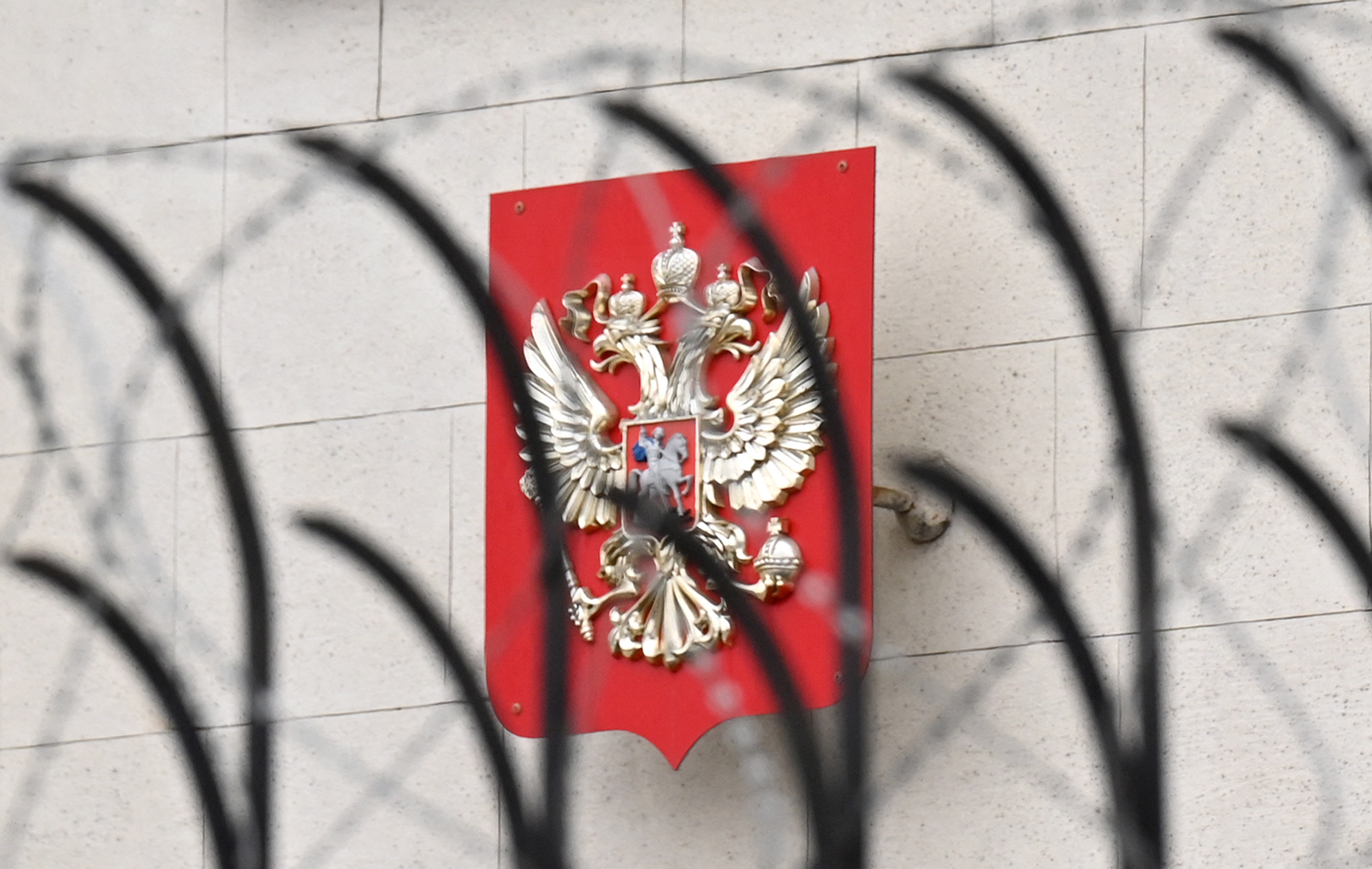
Ukraine does not expect to receive reparations from the Russian Federation (Photo: Getty Images)
Moreover, Ukraine needs the money for its recovery efforts right now, while reparations, if they can be obtained, might not be paid out for not just years but possibly decades. Germany, for example, completed its reparations payments for the First World War only in 2010, and it took over 30 years for Iraq to settle its entire debt to Kuwait.
Therefore, Ukraine has found an alternative to reparations - the confiscation of frozen foreign Russian assets due to the war and their transfer to Ukraine. This would allow Ukraine to obtain funds for recovery immediately, without waiting for the war to end, explains the Deputy Minister of Justice, Iryna Mudra.
"Firstly, we do not want to wait for the end of the war because we do not know when it will end. Secondly, we insist that compensation should be given to the victims, and the state is a victim just like an individual or a legal entity. Therefore, we have proposed the concept of creating an International Compensation Mechanism," the deputy minister noted.
Ukrainian-style reparations
The compensation mechanism proposed by Ukraine and supported by the UN General Assembly consists of three components: the International Register of Damage (already established), a special international commission to review compensation claims, and a compensation fund primarily filled by Russian assets. Money from the fund will be used for both Ukraine's reconstruction and direct compensation to war victims.
The creation of this mechanism, as emphasized by Iryna Mudra, is already underway. The International Register of Damage is expected to start operating at the beginning of next year. This means that those affected by Russian aggression will be able to submit claims to it.
The most crucial question in this story is the replenishment of the compensation fund. Russia, specifically the frozen foreign assets of the Russian Central Bank, is expected to be the main "donor" of this fund. However, international law currently only allows the confiscation of a sovereign state's assets based on decisions from the European Court of Human Rights, the International Court of Justice, or the International Criminal Court.
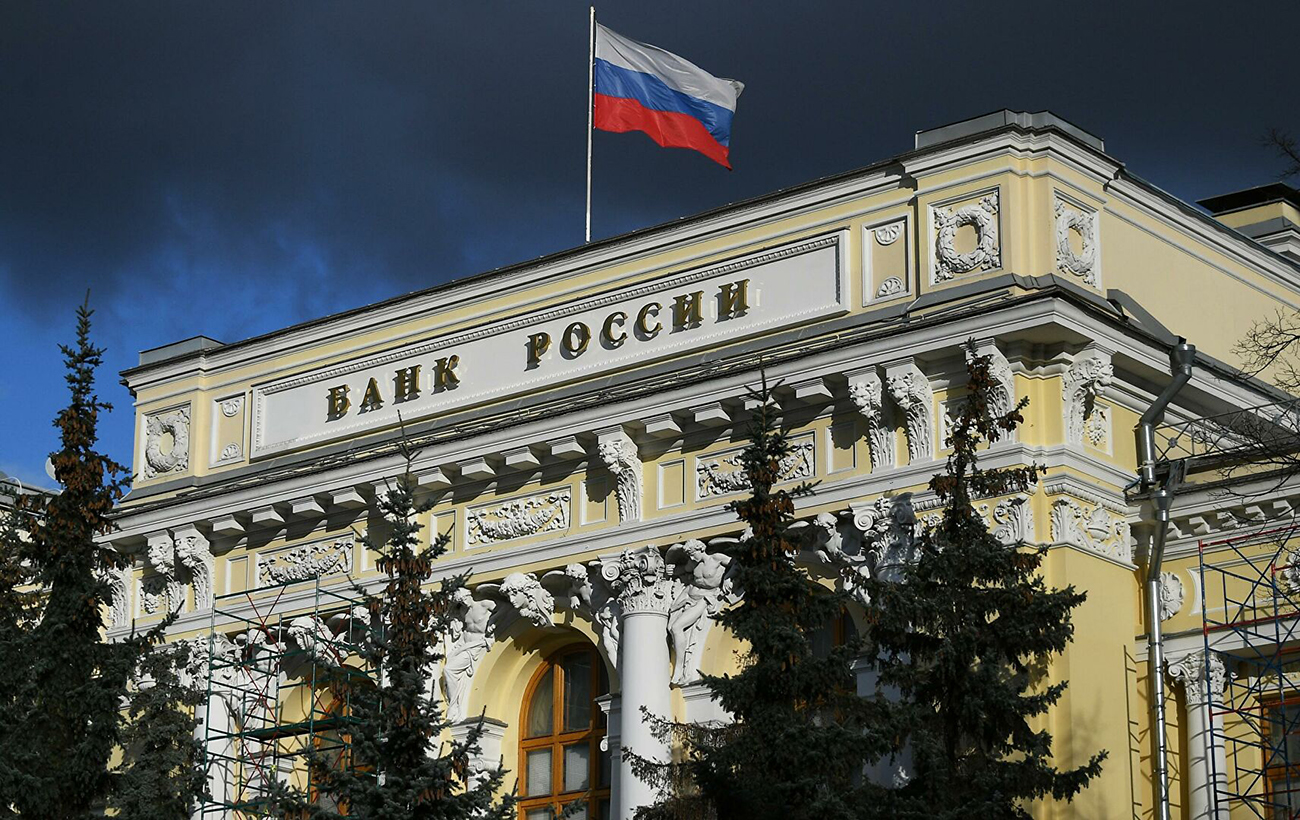
Ukraine has developed its own mechanism for confiscating Russian assets (Photo: cbr.ru)
As practice has shown, legal proceedings with Russia take years, so this scenario is unlikely to be suitable for Ukraine. No country will dare to confiscate Russian assets without a legal basis, as successfully challenging such a decision in court would be a significant reputational blow to that country. Therefore, Ukraine, according to Iryna Mudra, has proposed an international agreement that will serve as the basis for the legal confiscation of Russian assets.
"It is very important that the UN General Assembly supported the creation of a compensation mechanism in November 2022. This means that the next step after the Register of Damage will be the compensation commission. This commission will be established based on a multilateral international agreement. Those countries that have joined the creation of the register and supported the UN General Assembly resolution will have the opportunity to conclude such an agreement that will create the commission and the fund," Mudra explained.
In order to confiscate Russian sovereign assets and transfer them to the compensation fund, countries need to make the necessary changes to their national legislation. However, these changes must comply with international law standards, so no one is rushing to make decisions at the moment.
"For a year now, countries have not made bilateral changes to their legislation to confiscate Russian assets. Everyone is waiting for international law standards. And this international agreement will serve as the 'umbrella' that allows these changes to be made," the deputy minister noted in the conversation with RBC-Ukraine.
Temporary solution
Iryna Mudra notes that the implementation of the Ukrainian compensation mechanism will take up to a year, and since funds for Ukraine's recovery are needed right now, work is being done on temporary solutions worldwide. In particular, in the European Union.
In November 2022, the European Commission announced its intention to use Russian assets frozen in the EU to compensate for the damages caused to Ukraine by the war. "With our partners, we will make sure that Russia pays for the devastation it caused, with the frozen funds of oligarchs and assets of its central bank," said Ursula von der Leyen, the President of the European Commission at the time.
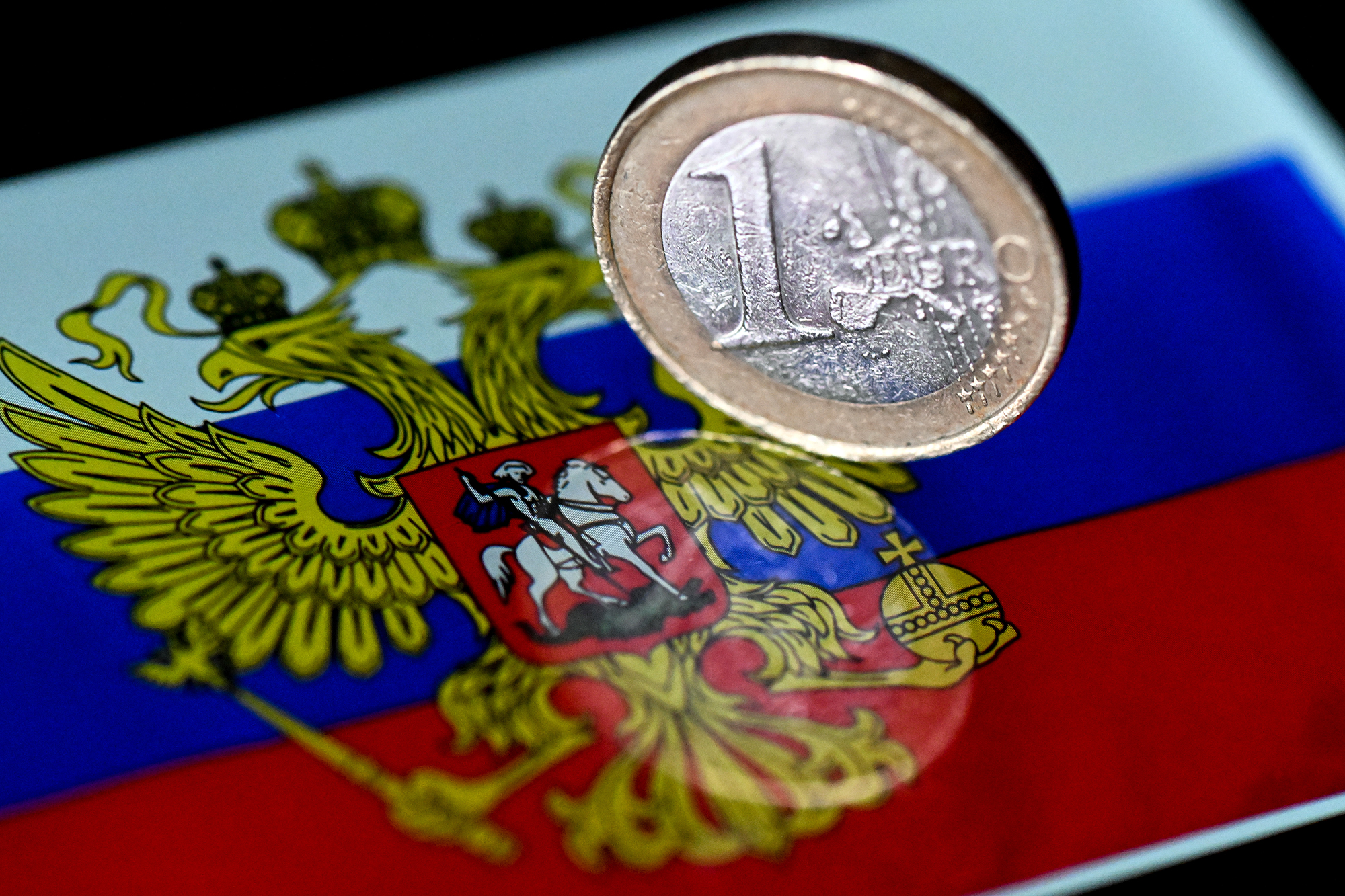
The EU is working on a mechanism to use Russian assets to aid Ukraine (Photo: Getty Images)
The issue is that frozen assets of the Russian Central Bank continue to generate profits. According to Euroclear's depository data (which holds 180 billion euros in Russian assets), these assets generated a profit of 822 million euros in 2022 and 1.74 billion euros in the first half of 2023.
"Theoretically, these funds could have been used until a compensation mechanism is implemented. Until then, of course, these profits could have been used, and they could have been given to Ukraine," notes Mudra.
After von der Leyen's statement in November, the European Commission began searching for legal ways to implement this initiative. There were two possible scenarios: reinvesting the profits from frozen Russian assets in Ukraine or introducing a special tax on these profits. The first option proved to be more complicated and was not supported by Germany and the European Central Bank. The second one gained the right to exist.
After the European Council summit held at the end of June this year, there were reports in the media that the leaders of EU member states supported the introduction of a tax on profits from frozen Russian assets. Belgium's government had already taken this step in May, transferring 92 million euros in tax revenue collected from frozen Russian assets to support Ukraine. Half of this amount, by the way, was earmarked for military aid.
It was expected that in the summer, the European Commission would make an official statement explaining how the pan-European mechanism would work. However, its presentation was postponed to the autumn. In a comment to RBC-Ukraine, an official representative of the European Commission noted that discussions with EU member states on how to use Russian assets were still ongoing but progressing.
"We are working with the Spanish presidency on a phased approach. We support these discussions with a joint unofficial document of the EC and the EU External Action Service, which we submitted to the presidency at the end of July. We are ready to present a legal proposal based on these discussions," said the representative of the European Commission.
It is currently unknown what decision the EU will ultimately reach. However, the American agency Bloomberg recently obtained a draft document outlining this mechanism and what the European Commission plans. According to the agency, the European Commission will propose that EU leaders transfer profits from Russian assets to the EU budget as external earmarked revenue.
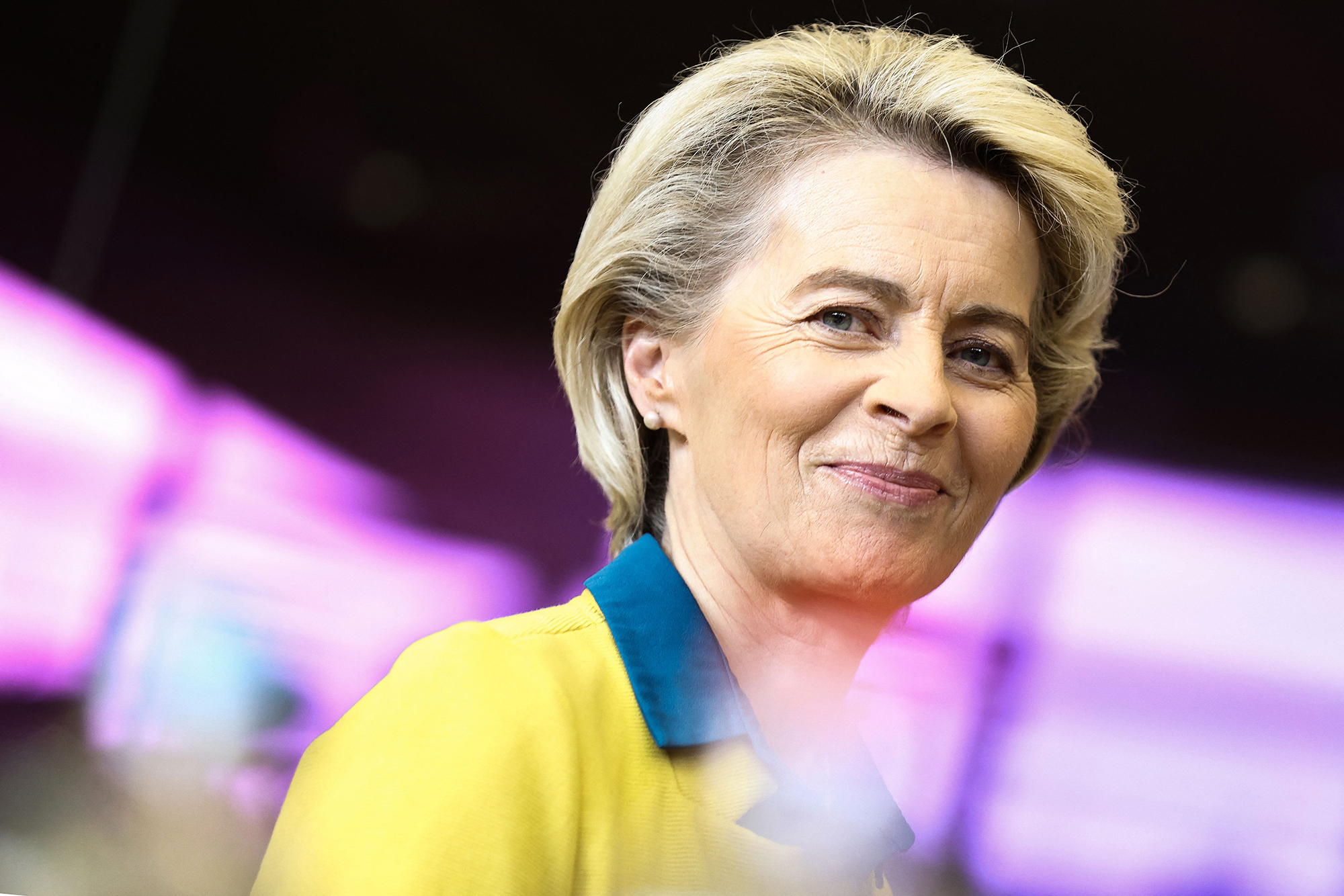
The European Commission will soon present its initiative regarding Russian Federation assets (Photo: Getty Images)
The frozen assets of the Russian Central Bank are expected to generate around 3 billion euros in profit. Presumably, this is how the European Commission wants to cover the costs of Ukraine's recovery from the EU budget without directly transferring the funds obtained from Russian assets to the Ukrainian side.
In this way, the EU can avoid the "main headache" associated with Russia's reaction while not violating international law, at least until the international agreement proposed by Ukraine appears.
Canada and the United States
Canada has taken the lead in the matter of confiscating Russian assets, surprisingly becoming the first country to develop and approve a corresponding mechanism at the national level. Last year, Canada established clear grounds for the confiscation of foreign property, including serious violations of international peace and security, as well as gross and systematic human rights violations committed in a foreign state.
Canada plans to confiscate both state and private assets. Among the purposes for which confiscated assets can be used are the reconstruction of a foreign state and compensation for victims of serious violations of international peace and security or gross and systematic human rights violations.
The first confiscated property under this Canadian mechanism is expected to be the Antonov An-124 transport plane of the Russian airline "Volga-Dnepr," which will be handed over to Ukraine. Canadian Prime Minister Justin Trudeau announced these intentions in June during his visit to Kyiv. The Canadian government also intends to confiscate and allocate $26 million of the assets of Russian oligarch Roman Abramovich to aid Ukraine.
The United States also wants to transfer confiscated Russian assets to Ukraine. In February of this year, a U.S. court allowed the confiscation of over $5 million in assets belonging to Russian businessman Konstantin Malofeev, who was accused of violating U.S. sanctions imposed for supporting the occupation of Crimea in 2014. This marked the first such decision in the history of the United States.
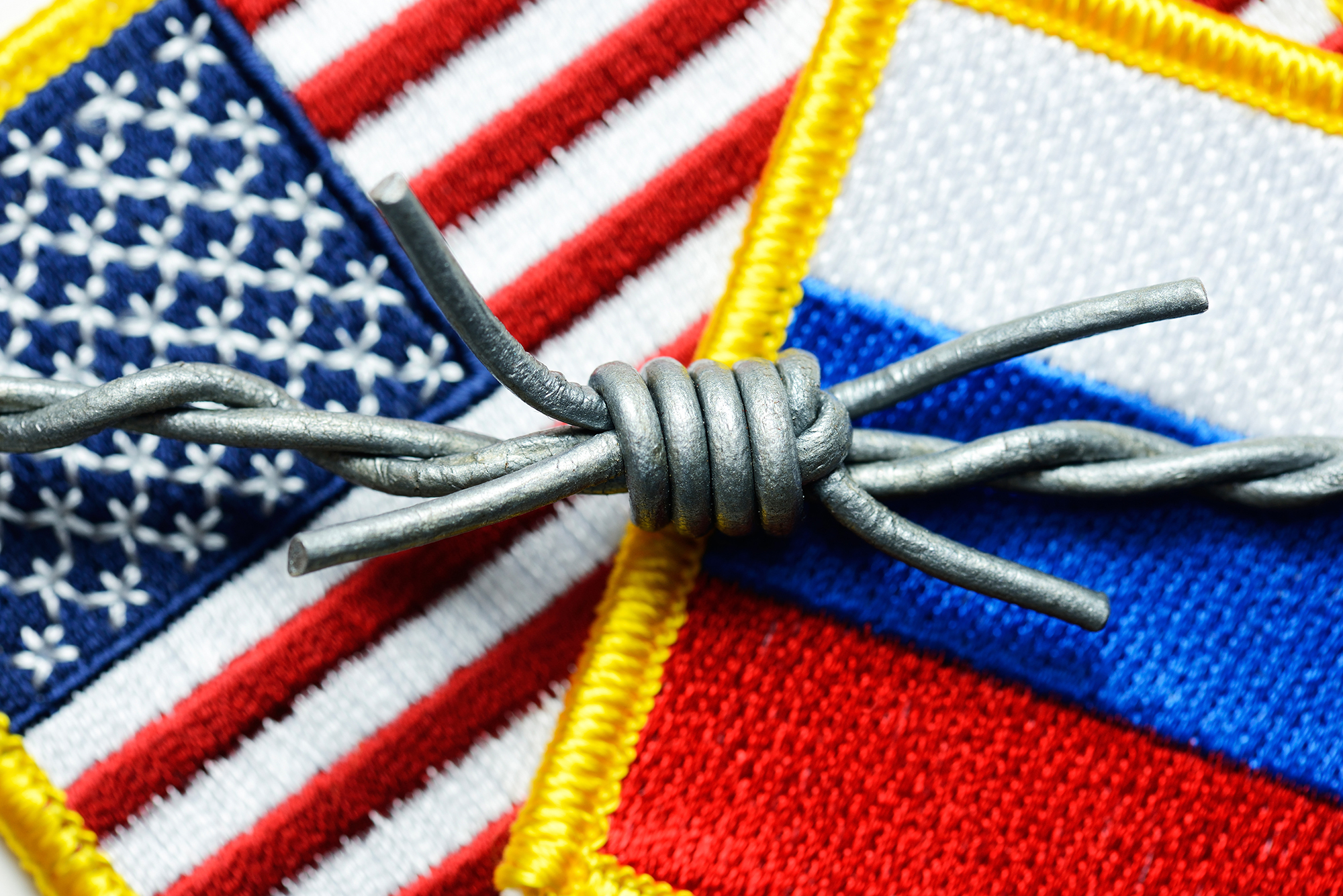
The United States may transfer the money from a Russian oligarch to Ukraine (Photo: Getty Images)
Currently, according to Iryna Mudra, the procedure for Secretary of State Antony Blinken's decision on the transfer of confiscated assets of a Russian oligarch to Ukraine is ongoing. "We are in discussions to make these funds the first tranche into the fund. This will be a good step that will show other countries that the fund and commission should exist. This is our proposal, and it is currently being discussed in the United States," she noted.
The transfer of confiscated assets of Russian oligarchs to Ukraine was also confirmed by Blinken himself recently. According to him, these assets will now be used to support Ukrainian veterans. "Those who have enabled Putin's war of aggression should pay for it," Blinken explained during a press conference in Kyiv.
In mid-June, a bicameral bill was introduced in the U.S. House of Representatives and Senate regarding the use of Russian sovereign assets to assist Ukraine. The document is intended to allow the confiscation of Russian assets in the United States and initiate the creation of an international mechanism for compensating Ukraine for damages caused by Russian aggression.
The initiative of U.S. lawmakers is similar to what Kyiv proposes and involves establishing an international fund where the United States and its partners will direct confiscated Russian assets for the reconstruction of Ukraine or humanitarian aid to the Ukrainian people.
According to RBC-Ukraine, this similarity is because the U.S. bill was drafted in close coordination with the Ukrainian side. It is expected that work on this bill in the United States will intensify in the fall of this year, but predicting the duration of the entire process and whether it will be approved is difficult.
Washington is demonstrating its willingness, both in words and in practice, to work on the confiscation of Russian assets for their subsequent transfer to Ukraine, Mudra notes. At the same time, the United States, along with Britain and France, is actively participating in discussions regarding a Ukrainian compensation mechanism.
"It's not a question of whether to confiscate assets or not; the question is which legal grounds to use to implement it. Right now, the question is only about finding the right legal basis," she explained.
Private assets compensation
As of today, about $300-350 billion of the Central Bank of Russia's assets are frozen in the West. Meanwhile, the total size of frozen assets of sanctioned Russian businessmen and oligarchs varies, according to various sources, from $30 billion to $100 billion.
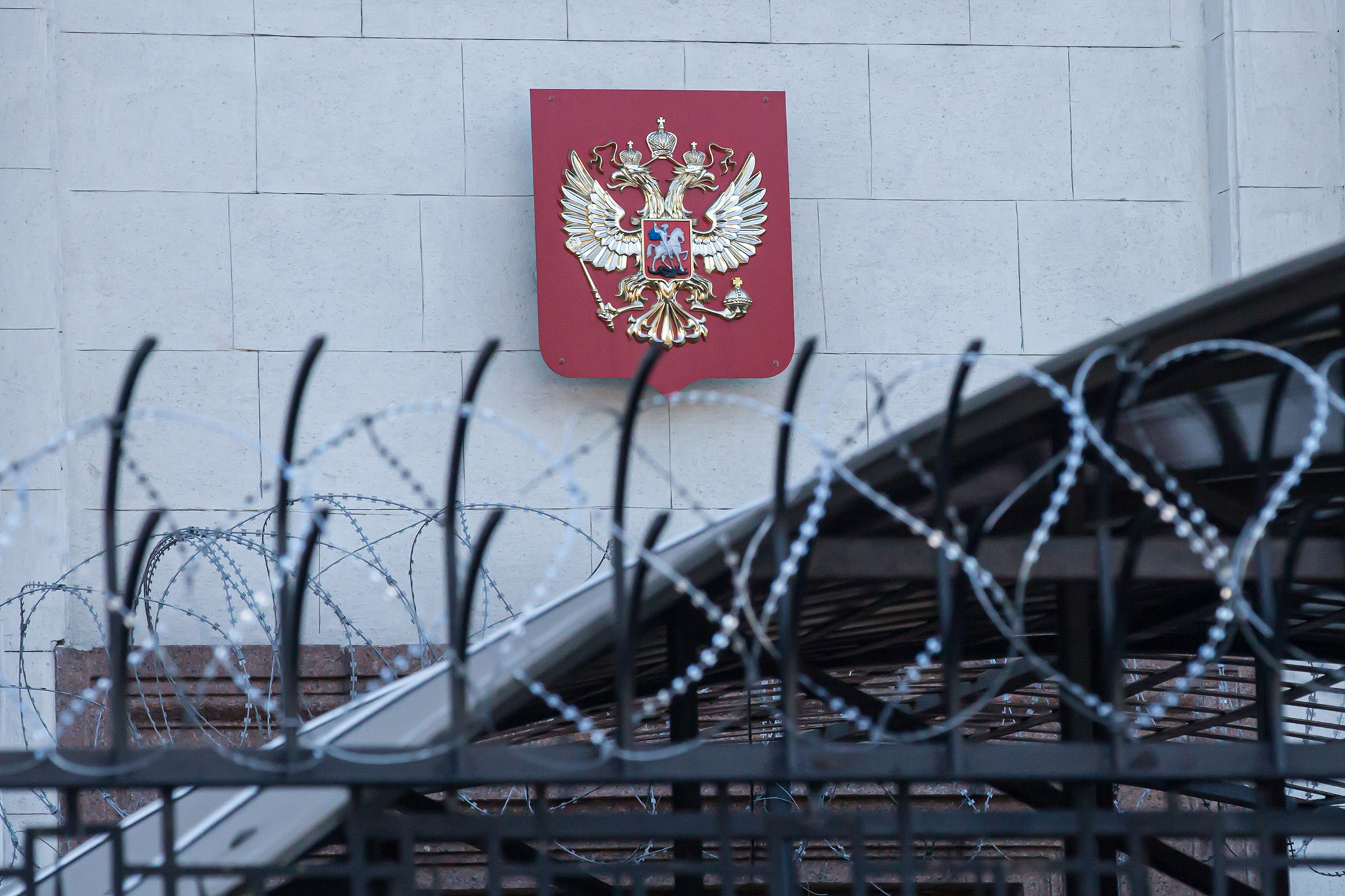
Billions of dollars of assets of Russian businesses are frozen in the West (Photo: Getty Images)
As the Ministry of Justice states, Ukraine primarily wants to obtain Russian sovereign assets. Surprisingly, it's easier to do this than to confiscate the assets of Russian businessmen and then use them to replenish the compensation fund. The reason is that the assets of businessmen can be anything - yachts, planes, apartments, securities, and so on. Money will only be received in the compensation fund, so initially, yachts or planes need to be sold, and various taxes paid, and only then will the funds remaining be directed to the fund.
"Of course, we would like to obtain both sovereign and private assets, but we can fill the fund with Central Bank of Russia funds most quickly. First of all, we need to find a way to confiscate these funds without abandoning the idea of confiscating private assets. However, this is a more complex issue because the protection of property rights is a sensitive issue for some jurisdictions. They are very cautious about even discussing such a matter, unlike the confiscation of sovereign funds of Russia," Mudra noted.
However, the British government has targeted private Russian assets. Since the beginning of the Russian invasion, the UK has frozen over $20 billion of Russian assets and imposed sanctions on over 1,550 Russians. In June of this year, British Foreign Secretary James Cleverly proposed new legislation that allows Russians to "donate" their frozen assets to the recovery and reconstruction of Ukraine.
"This will be a voluntary process whereby sanctioned individuals may apply for funds to be released for the express purpose of supporting Ukraine’s recovery and reconstruction," the British Foreign Secretary stated at the time.
If Russian oligarchs and businessmen do not want to transfer their assets to Ukraine, they will remain frozen in the UK until Russia compensates Ukraine for all the losses caused by aggression. Currently, Cleverly's initiative is only a proposal and does not have legal force, but it could serve as a basis for a future British mechanism.
***
Overall, Ukraine continues to work persistently to compensate for the losses from the war through Russian assets. Of course, the Ukrainian government still faces a lot of work and challenges ahead that may arise on this path. However, Kyiv is optimistic and aims to launch the compensation mechanism as soon as possible.

